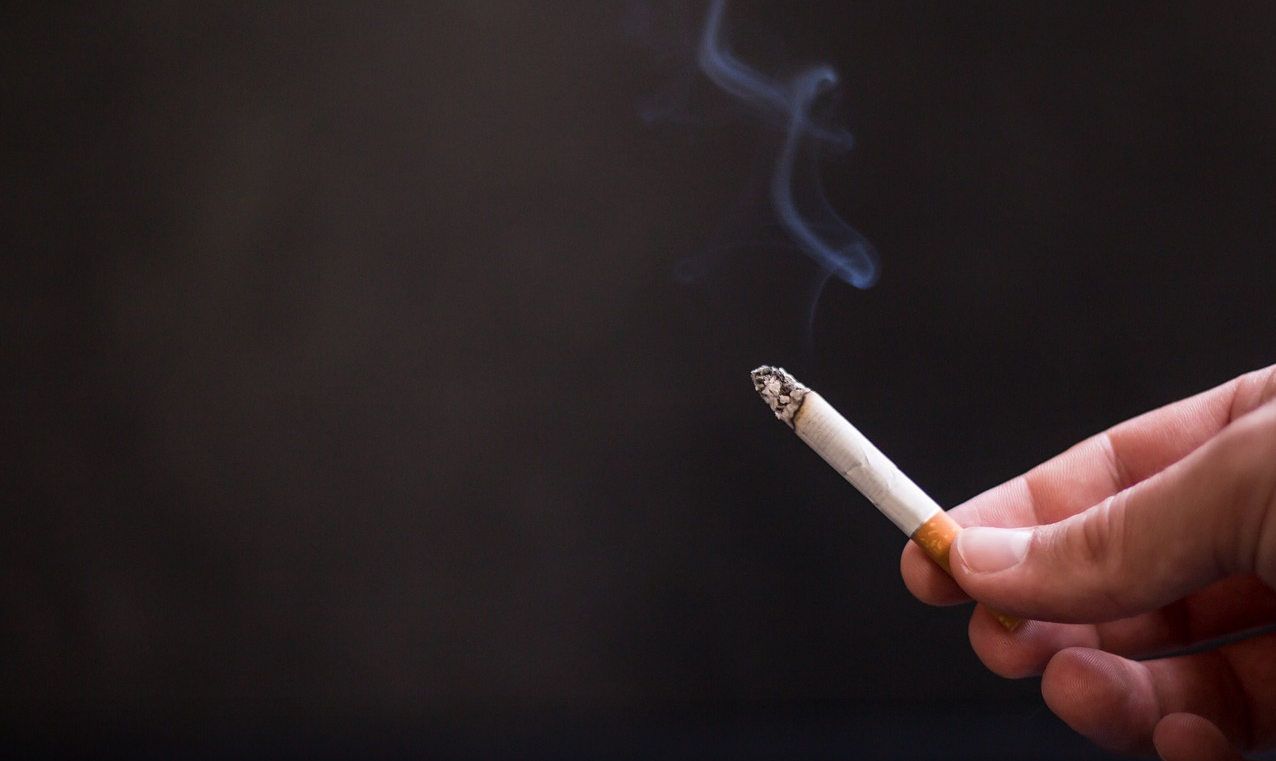How does aging affect sleep?
Physiologic changes of aging, in addition to common social changes, can affect sleep quality of older adults. While many older adults might get less sleep than before, it is crucial that they sleep as many hours as they did when they were younger.
 “As we get older, we have what is called a phase advance, meaning our body feels sleepier earlier in the evening and we tend to go to bed earlier because of that, causing us to wake up earlier. This shift is normal with aging,” said Dr. Angela Catic, geriatrician and associate professor in the Roy M. and Phyllis Gough Huffington Center on Aging at Baylor College of Medicine.
“As we get older, we have what is called a phase advance, meaning our body feels sleepier earlier in the evening and we tend to go to bed earlier because of that, causing us to wake up earlier. This shift is normal with aging,” said Dr. Angela Catic, geriatrician and associate professor in the Roy M. and Phyllis Gough Huffington Center on Aging at Baylor College of Medicine.
In addition, older adults have decreased sleep efficiency and their sleep is less restorative. Unlike younger adults who spend more time in the deeper phases of sleep, including REM, older adults are in lighter phases of sleep for more of the night. They also wake up more frequently due to light sleep, pain, the need to urinate or other health issues that cause things like snoring or sleep apnea.
Pain is very common among older adults and is a vicious cycle, making it harder to fall asleep or disrupting sleep in the middle of the night. Using the bathroom frequently throughout the night affects up to 80% of older adults. People who have strokes, heart failure or a variety of other issues can develop sleep apnea, which can lead to fragmented sleep and sleepiness during the daytime and can impact cognition. Insomnia, or not being able to fall asleep or stay asleep, impacts many older adults as well. REM sleep behavior disorder, a rare condition, primarily impacts older adults. People typically do not move or act out their dreams but with this condition, older adults physically act out their dreams, which can be violent or dangerous depending on how they move around in bed.
Lack of routine can also influence the sleep cycle. People might nap more during the day, causing them to sleep poorly at night. Less exercise can contribute to a poor night of sleep. Less exposure to daylight also impacts melatonin, which can make it difficult to sleep well.
“If older adults have concerns about sleep and their medical providers aren’t asking about it, they should bring it up,” she said. “Don’t assume that just because you are older, it is normal to sleep poorly or shorter amounts of time.”
Dozing off when sitting quietly after a heavy meal can be normal in older adults but falling asleep at inappropriate or inopportune times like at the table, in the middle of church or while having a conversation, is not normal. If you or a loved one experiences this, bring it to a healthcare provider’s attention. Catic suggests keeping a sleep diary for a few days before visiting your provider.
“It’s hard to remember how we slept a few nights ago, so get that information on paper and share with your medical team. Record how long you slept, how many times your sleep was disrupted, if you were up because of pain or urination, and any daytime naps,” she said.
Catic provides tips to improve overall sleep quality for older adults who experience sleep disruptions or have trouble falling asleep.
Exercise regularly
People who exercise on a regular basis fall asleep faster and have better quality of sleep.
Reduce distractions
Avoid watching TV in the bedroom and do not use smartphones, screens or bright lights.
Have a regular sleep schedule
Older adults often become night owls after retirement since they no longer need to wake up early for work, leading to frequent naps during the day. This can be detrimental. If you plan to nap, make sure it is short and not too late in the afternoon.
Avoid substances that make it hard to sleep
Avoid heavy meals late in the day, alcohol and tobacco, which is a stimulant. While alcohol might help you fall asleep quickly, it wakes you up a short time after, restricting your sleep for the night.
Try to have caffeine before noon to avoid keeping you up at night. Caffeine is also a major cause of needing to use the bathroom frequently at overnight. Urination is a significant disruptor, so try to cut down on fluids in the evening. Do not drink large amounts after 6 p.m.
Older adults who take diuretics or water pills late in the day should check with their provider to consider switching it to an earlier time. These pills cause frequent urination, keeping older adults up at night.
Sleep hygiene and bedtime routine
A relaxing routine around bedtime helps you unwind before going to sleep. Drink some herbal tea or warm milk. Read or listen to relaxing music. Do activities to wind down, such as deep breathing, meditation or gentle stretching, which signals the mind and body that it is time to get ready for sleep.
Older adults who have trouble falling asleep should get up instead of letting their frustration grow while staying in bed. Listen to music or read a book and go back to bed once you feel sleepy again.
Learn more about Geriatrics and Palliative Medicine at Baylor Medicine.
By Homa Shalchi



